The Arab Film Festival wrapped up its fifth show in Korea last week, exposing the unfaltering spirit of democracy and solidarity in the Middle East and North Africa -- regions that have been marred by dictatorship and violence.
“Madame Courage” by Algerian director Merzak Allouache shed light on troubled teenager Omar, who ekes out his living as a street thief in the suburb of Mostaganem.
His home is a ramshackle hut that he shares with his mother -- who watches television programs laden with extremist Islamist messages day and night -- and his sister, who works as a sort of prostitute.
Addicted to a psychotropic substance and hallucinating, Omar is also smitten by Selma, a young girl of humble circumstances, whom he stalks relentlessly.
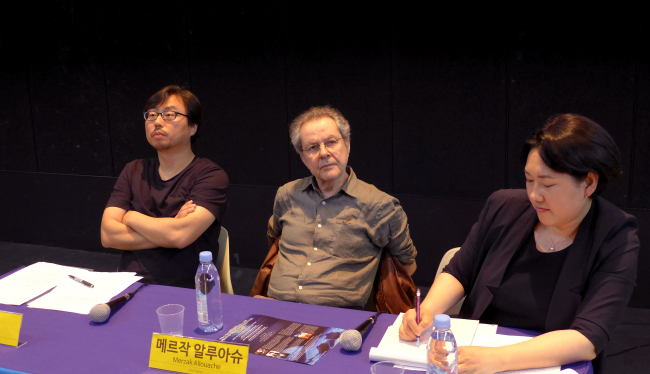
In a discussion with the audience following a screening at Arthouse Momo in Ehwa Womans University in late May, Allouache explained his approach to movies, which involves a heightened social focus.
“I wanted to show the naked reality of Algerian society. My film put a spotlight over the disenfranchised lives of youngsters, with no vision of future and stained with violence,” Allouache said. “I am a watchdog. I have always raised the alarm bells on society through my films. As my country went through a history of violence that killed over 200,000 people in the 1990s, I feel a sense of duty at work.”
Noting that Algeria -- the largest country in Africa, located in the continent’s northwest -- is both wealthy and poor, he revealed that the society’s impoverishment was taboo.
The 72-year-old director and screenwriter has made 18 movies since 1976. His 1976 film “Omar Gatlato” won the Silver Prize at the 10th Moscow International Film Festival and his 1996 masterpiece “Salut Cousin!” was submitted to the 69th Academy Awards in the best foreign films category.
“I consider myself the country’s second-generation moviemaker following the early 1960’s liberation from the French colonial rule,” he said. “The postliberation period presented unlimited opportunities. I have always been gripped by young people’s problems and concerns, as well as our society’s cruelty and intolerance. As a record of history, movies have invaluable roles.”
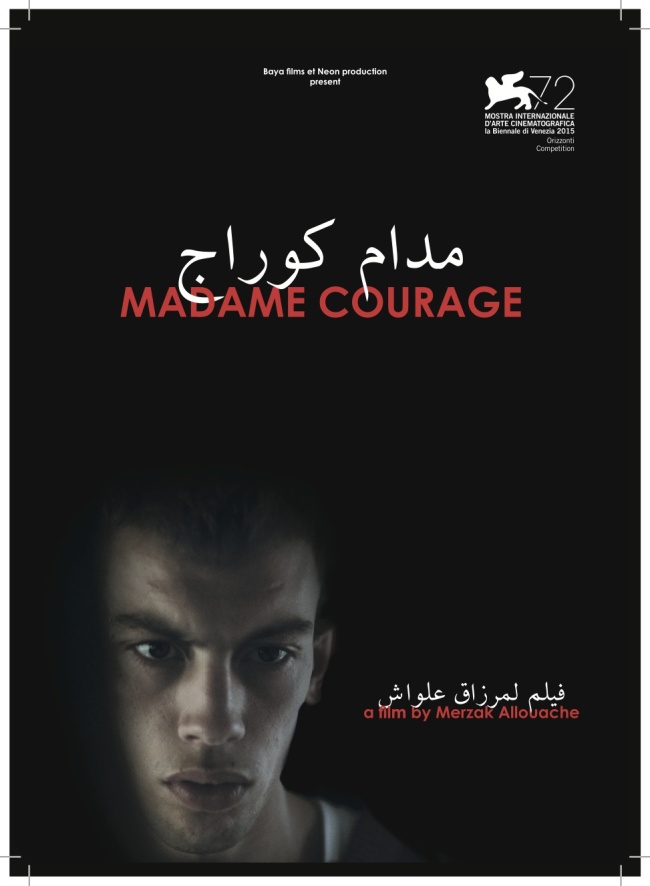
“Nawara,” another film showcased at the festival, takes place during the 2011 Egyptian Revolution. Through the life of Nawara, a poor housemaid who works for a corrupt elite family, the movie discloses the contradictory conditions that led to the uprising that overthrew former President Hosni Mubarak.
In an interview with The Korea Herald, producer Taghrid Abouelhassan said “huge” socioeconomic gaps exist in Egypt, which has undergone bloody power changes since 2011.
“The very rich 10 percent of the population live lavishly, while the rest struggle in harsh conditions worse than in the movie. There is no middle class,” she said. “The film depicts what has happened in Egypt. Chanting ‘bread, freedom and social justice,’ people took to the streets to change their miserable lives.”
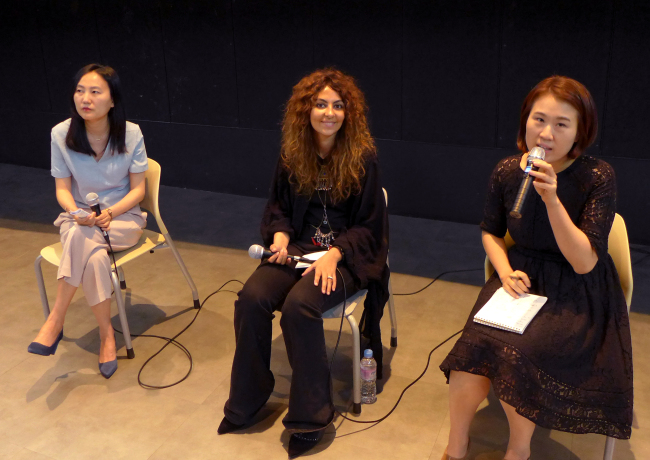
When the movie premiered at the Dubai International Film Festival last year, audiences watched with thrill and pride, according to Abouelhassan. However when it was shown in Egypt, “Everyone was crying at the end, strangers hugging each other in consolation. They all saw themselves in the naivety of Nawara. Everyone believed they succeeded in overthrowing the regime.”
Adding that conditions have deteriorated under the current regime, she acknowledged “the revolution failed.” Heavy censorship on media and movies persists, including the arrests and imprisonment of journalists expressing critical views.
“As the Mubarak regime was in power for over 30 years, simply replacing the figurehead did not accomplish anything,” the producer said. “Corruption is everywhere. Accountability is difficult when everyone plays the blame game.”
Abouelhassan added, “People leave their country because the conditions are so horrible. This film is a glimpse into the root causes of mass migration and refugee crises.”
By Joel Lee (joel@heraldcorp.com)
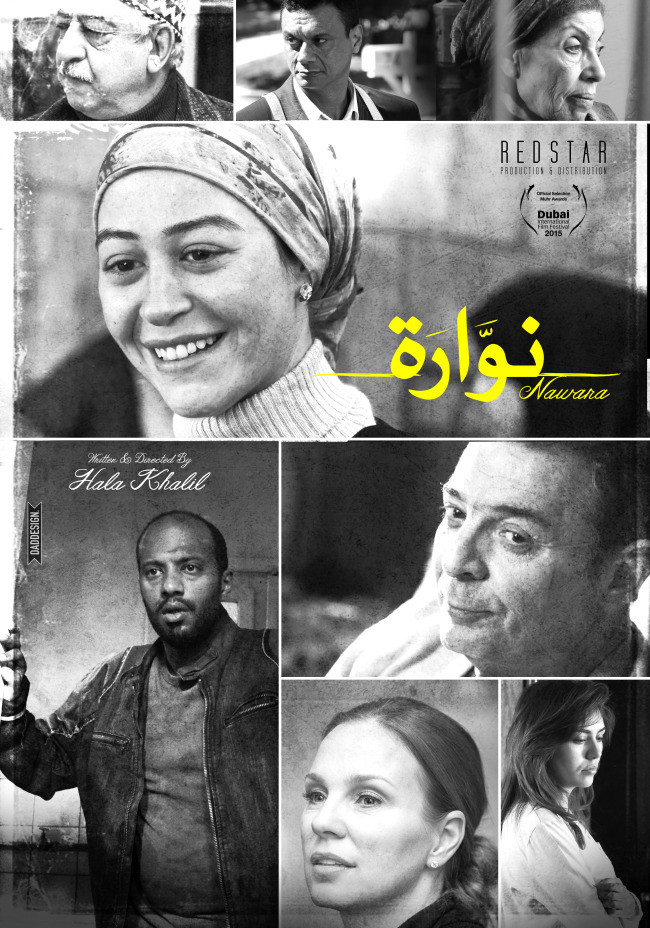

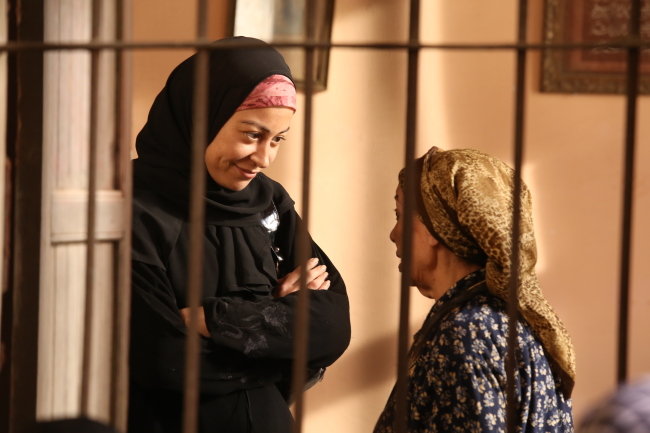
-
Articles by Korea Herald









![[Kim Seong-kon] Democracy and the future of South Korea](http://res.heraldm.com/phpwas/restmb_idxmake.php?idx=644&simg=/content/image/2024/04/16/20240416050802_0.jpg&u=)








![[KH Explains] Hyundai's full hybrid edge to pay off amid slow transition to pure EVs](http://res.heraldm.com/phpwas/restmb_idxmake.php?idx=652&simg=/content/image/2024/04/18/20240418050645_0.jpg&u=20240418181020)

![[Today’s K-pop] Zico drops snippet of collaboration with Jennie](http://res.heraldm.com/phpwas/restmb_idxmake.php?idx=642&simg=/content/image/2024/04/18/20240418050702_0.jpg&u=)